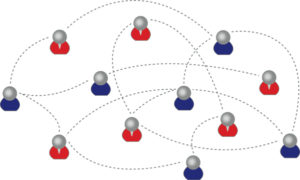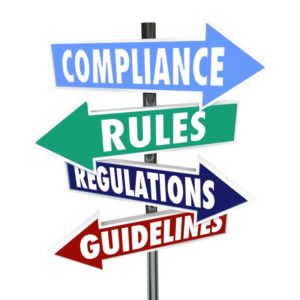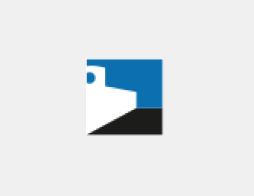Employment and the Digital World
Settings and Networking

While you're on the hunt for a job, take some time to make sure you have a few things in place. If you're on Facebook, check your privacy settings. Make sure you're comfortable with the amount of information you allow to be found by anyone conducting a search. Think about what content you do have on your pages and evaluate if might affect your ability to be hired. We've all read the stories: someone lands a great job offer but blows it on social media due to a misstep.
Don't fret! Using social media isn't all bad. It can be a great way to network and stay on top of job leads and industry information. If you have a LinkedIn profile, make sure your information and headline are current. You don't want employers searching for you and reading the headline you chose several years ago if it doesn't reflect your current ambitions or strengths! Follow industry pages on Twitter or Instagram. Interact with people and generate conversation and networking opportunities. Some industries have an open-jobs Twitter account. If you're really determined to work for a specific company, follow their content on social media to stay on top of what they're doing. Once you land that interview, demonstrate your knowledge of that business based on what you've learned.
Your Digital Self is Permanent

Once something is "live" in the digital world, it doesn't ever really go away, even if you hit "delete." Posting without your name can give you the illusion that you're completely anonymous and you won't be held responsible for something you said. Whether or not your name is attached to something online, you should still be aware that things can be traced. Show the same type of etiquette you would if you were sending an email at work. A good rule of thumb is: if you wouldn't want your name and face attached to what you're saying on a billboard on a freeway, you probably shouldn't put it online.
Know What's What
To be a good digital "citizen" you should know your rights and responsibilities. Demonstrating good etiquette, respecting others online even if you disagree with them, and having empathy for others are all good ways to be a helpful "citizen."
Another thing you should do is learn how to spot the difference between "fake" and "real" news. By hitting SHARE on something online, you could be helping spread something whether or not it's true. Check out librarian Lissa Staley's informative post on spotting Fake News. This topic is still important as an employee, especially if you work in an industry that focuses on education, information or software. You want to make sure the information you pass along is factual.
Finally, make sure you know the rules are about device usage while you're at work. Are you allowed to carry your cell phone on your person? What about wireless ear buds, tablets or smart watches? Make sure you know the rules and then stick to them.
There are a lot of things to think about, both as someone looking for a job and someone who is employed. If you aren't sure, ask. You might feel silly when you ask, but you'll save yourself both a headache and a reprimand.
Know The Rules
It's important to know the policies where you work. Dress code, attendance, work responsibilities and deadlines are all standard. These are typically explained during an on-boarding or orientation process. More and more businesses are developing social media policies for their employees as well. Policies can range from the simple "don't speak for our organization on your accounts" to the more rigid "don't talk about this organization, period."
If you're just starting in your position, ask your direct supervisor or a Human Resources officer if you can't find anything in any handbook or provided information. If you've been at your job for awhile, consider looking on the website for updated policies or ask your boss. It's your responsibility to stay on top of changes at your workplace. By keeping an eye on emails, publications or listening to updates at meetings or conference calls you can stay on top of any change.
More Resources for Job Hunters
If you are on the job hunt, visit our Jobs and Careers page. There you'll find links for Job and Career search, Resumes and Cover Letters, Local Employers, and information on an upcoming job series called Job Lab. Job Lab will help you develop a step-by-step plan to get the job or career of your dreams. Starting in October this group will cover a different strategy or skill that is essential to a successful job search each week.












